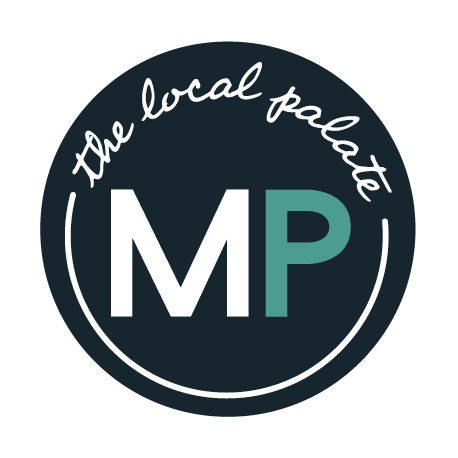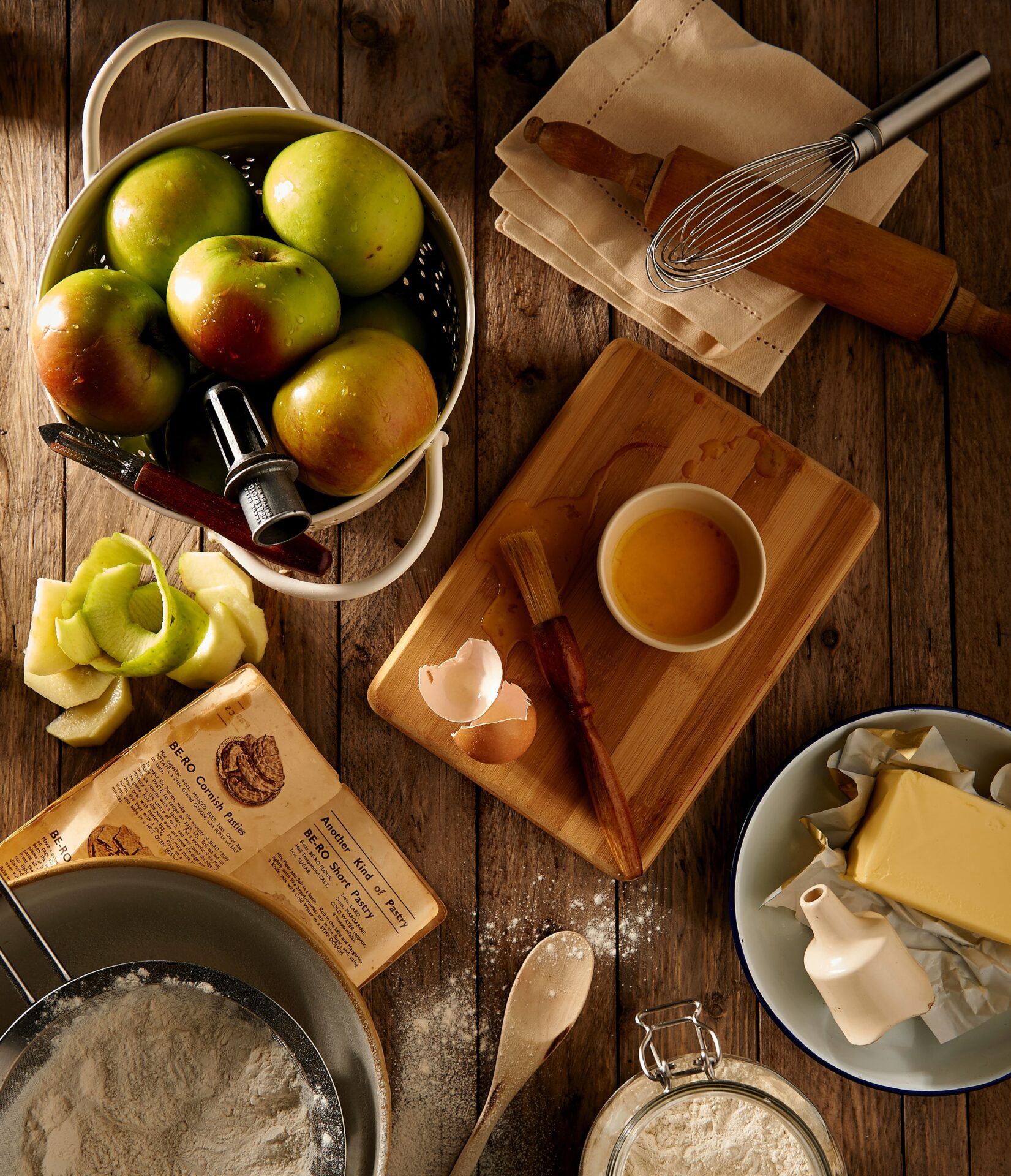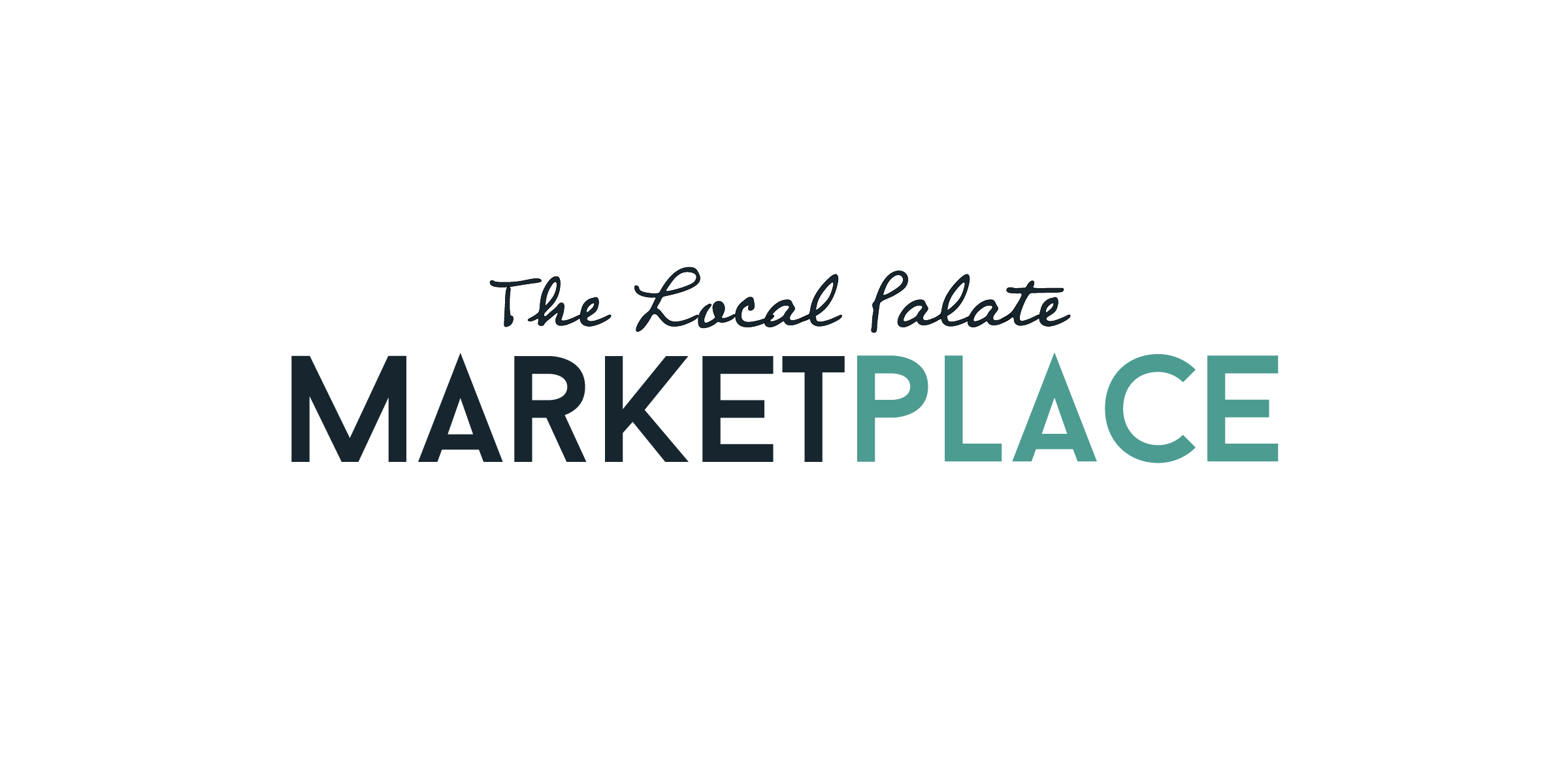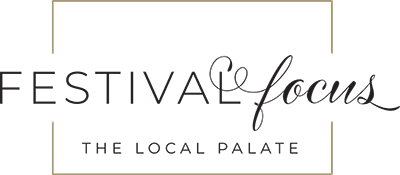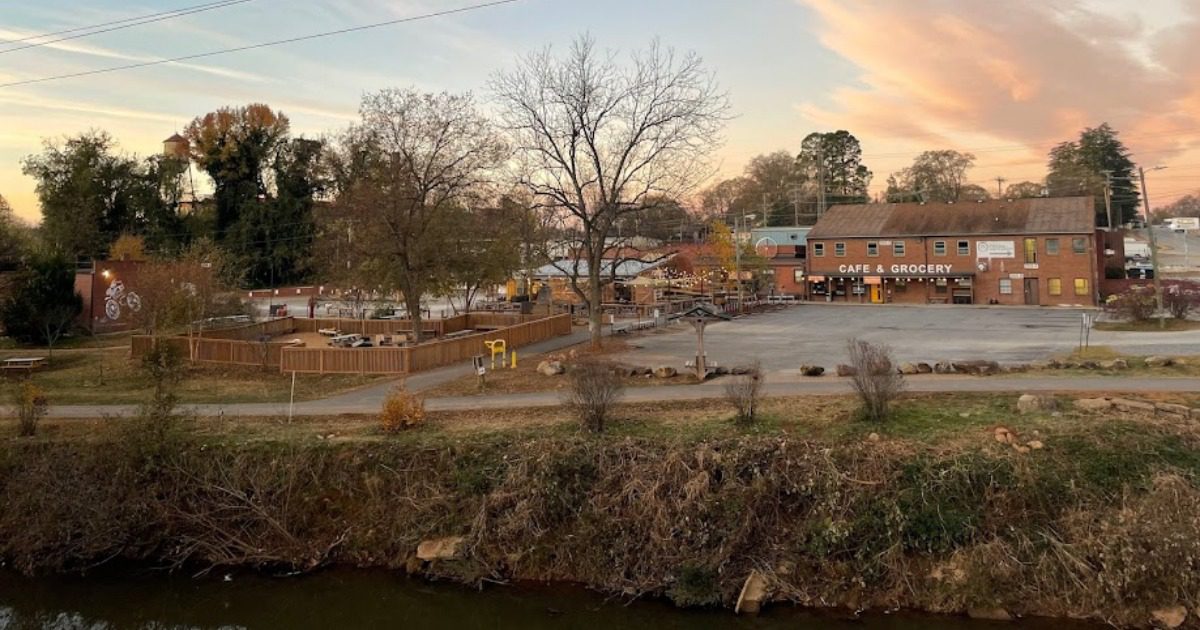With a commitment to supporting sustainable farming methods, selling and cooking local food, and creating a food-centric space within the community, Mary Walsh and Jac Oliver opened Swamp Rabbit Café and Grocery in 2011. The Greenville, South Carolina-based business opened at a time when consumers’ appetites were hungering for better access to fresh and local groceries and food products. Now, ten years later, they continue to push boundaries to better connect South Carolina purveyors with consumers.
“It’s our mission to buy, sell, and cook with local food to support a sustainable food system and provide a community space where people come together to celebrate meals,” Walsh says. Their business model immediately found a niche in the community, drawing shoppers to the market’s sustainable selection of produce, high-quality meats, dairy, and other goods. Additionally, the assorted bounty inspires the prepared foods sold in Swamp Rabbit’s bakery, café, and pizza outlet.
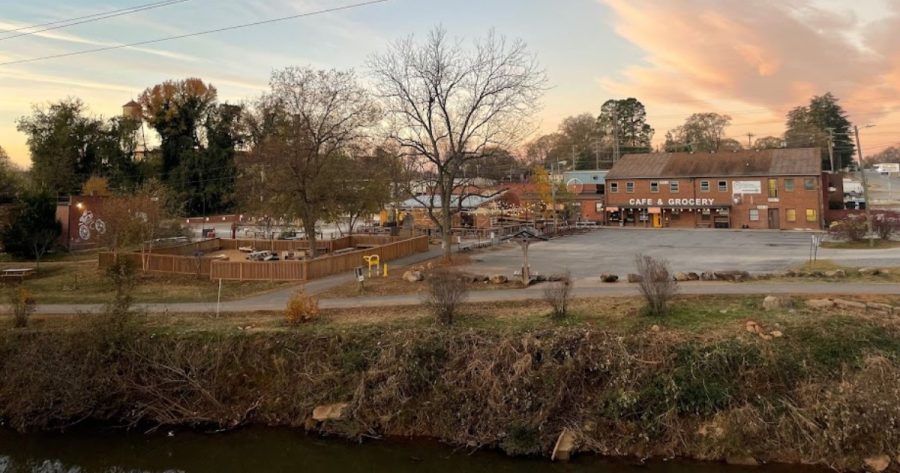
“Efforts that raise awareness of, and educate the public on, the importance of keeping our farms viable is important to us,” Walsh says. Swamp Rabbit champions the farmers they work with, naming specific farms along with products on their front signage and tagging the farms in social media posts. This, she adds, “helps put a face behind the foods our community eats, and we encourage all local businesses that source local to do the same.”
It sounds great in theory: cooking and eating seasonal produce, supporting nearby farmers, and better appreciating the processes that occur between the harvesting to the plating of food.
However, working on such a small scale poses considerable risk for both retailers that sell regional foods and the farmers they represent. “We prize buying local above all else but know firsthand that it is often significantly costlier and logistically more complex,” Walsh says. A storm or bad harvest, for example, can damage a single farmer’s ability to meet a retailer’s demand. Retailers, on the other hand, can’t guarantee farmers that customers will buy the products they spent months cultivating.
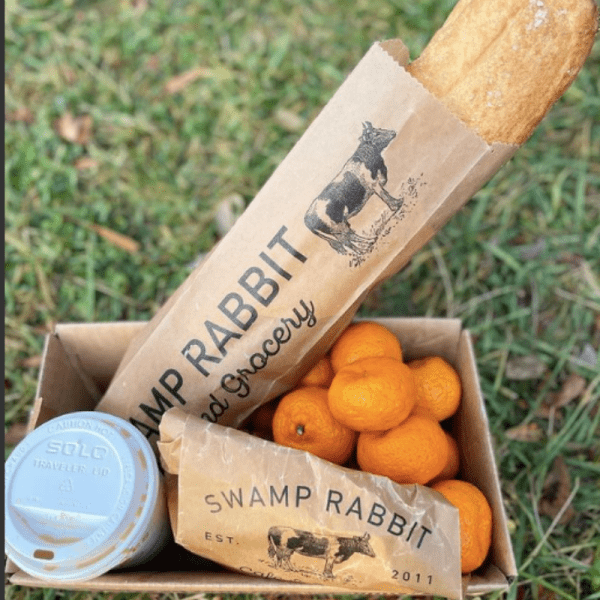
The team at Swamp Rabbit identified a solution to better protect suppliers and buyers: By operating as a food hub, they could help market small farmers in a broader commercial sphere and encourage other businesses to also source local. They launched their Food Hub in 2016 to function as the wholesale arm of their business and help South Carolina restaurants source regionally. “Since we already had staff dedicated to sourcing local in particular, it was a logical next step for us, and at the time, there was a big void of local food distribution in our community,” Walsh says.
They act as the liaison between farmers and restaurants, meeting with farmers to help identify crops with high market demand and suggesting the amount to grow. Swamp Rabbit then goes around to restaurants, grocery stores, and other food hubs, acting as representatives on behalf of the farmers.
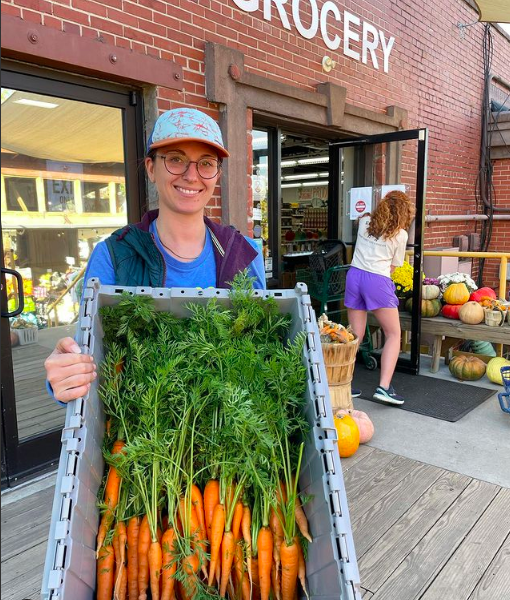
Buying through Swamp Rabbit’s food hub behooves local restaurants, too—those that source at least twenty percent certified South Carolina-grown products earn recognition and promotion from the Department of Agriculture’s Fresh on the Menu program, which helps diners easily identify restaurants committed to sourcing local and supporting small farms.
“The Food Hub has really made a difference for our partnering farms,” Walsh says. “It allows us to buy more volume and commit to farmers so that they can grow with confidence that the sales will be there.”
share
trending content
-
Besting Barbecue Chicken with Elliot Moss
by Emily Havener -
River City Reawakening | Listen
by Erin Byers Murray -
The Ultimate Alabama Dining Guide | Listen
by Jennifer Stewart Kornegay -
6 Must-Visit Music Joints Across Mississippi
by TLP's Partners -
Taming the Flame | Listen
More From On the Road
-
River City Reawakening | Listen
-
Exploring the Gullah Geechee Trail | Listen
-
A Taste of the American South in European Restaurants | Listen
-
Moonlight Train Trip to New Orleans | Listen
-
Get To Know Ellicott, Maryland | Listen

